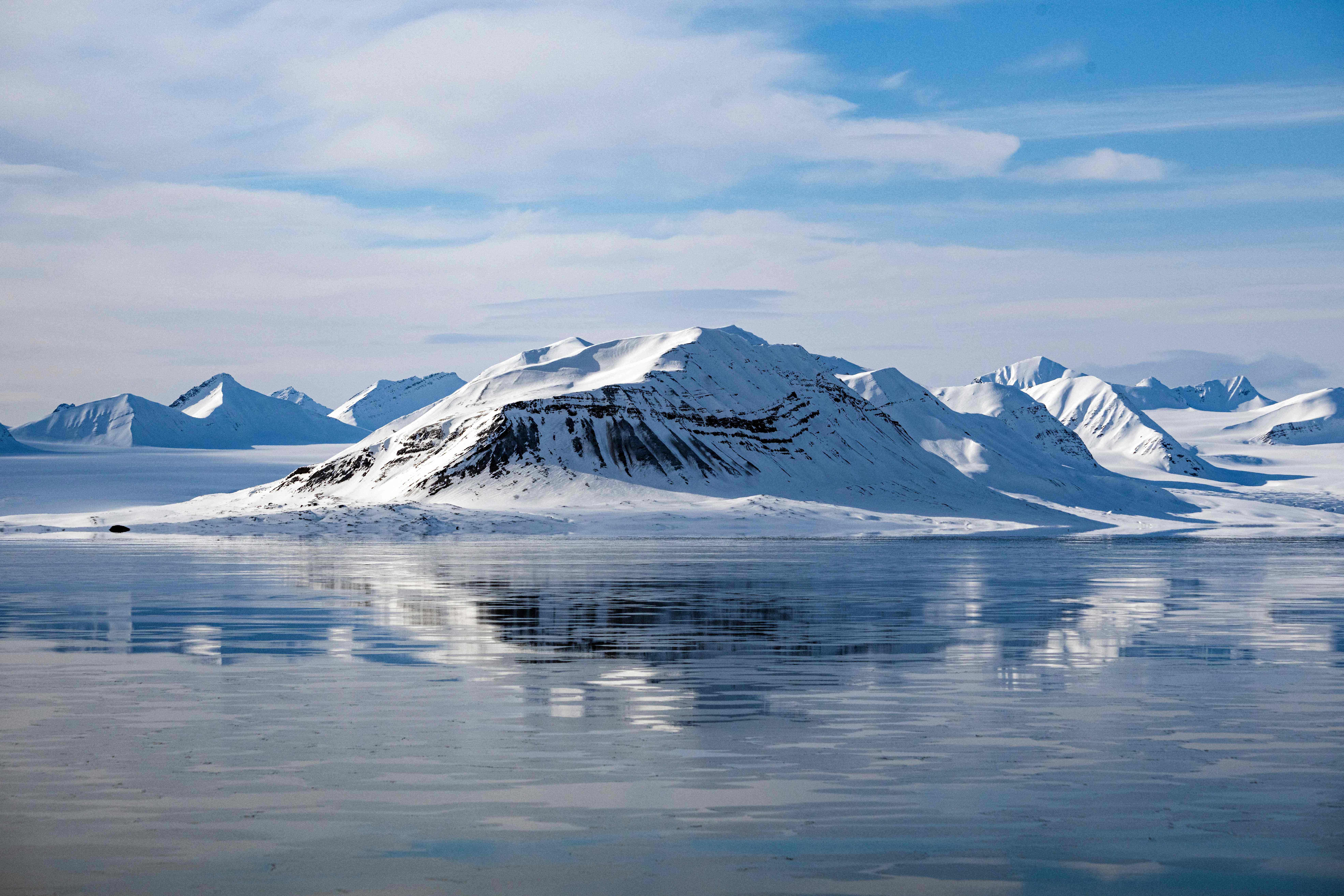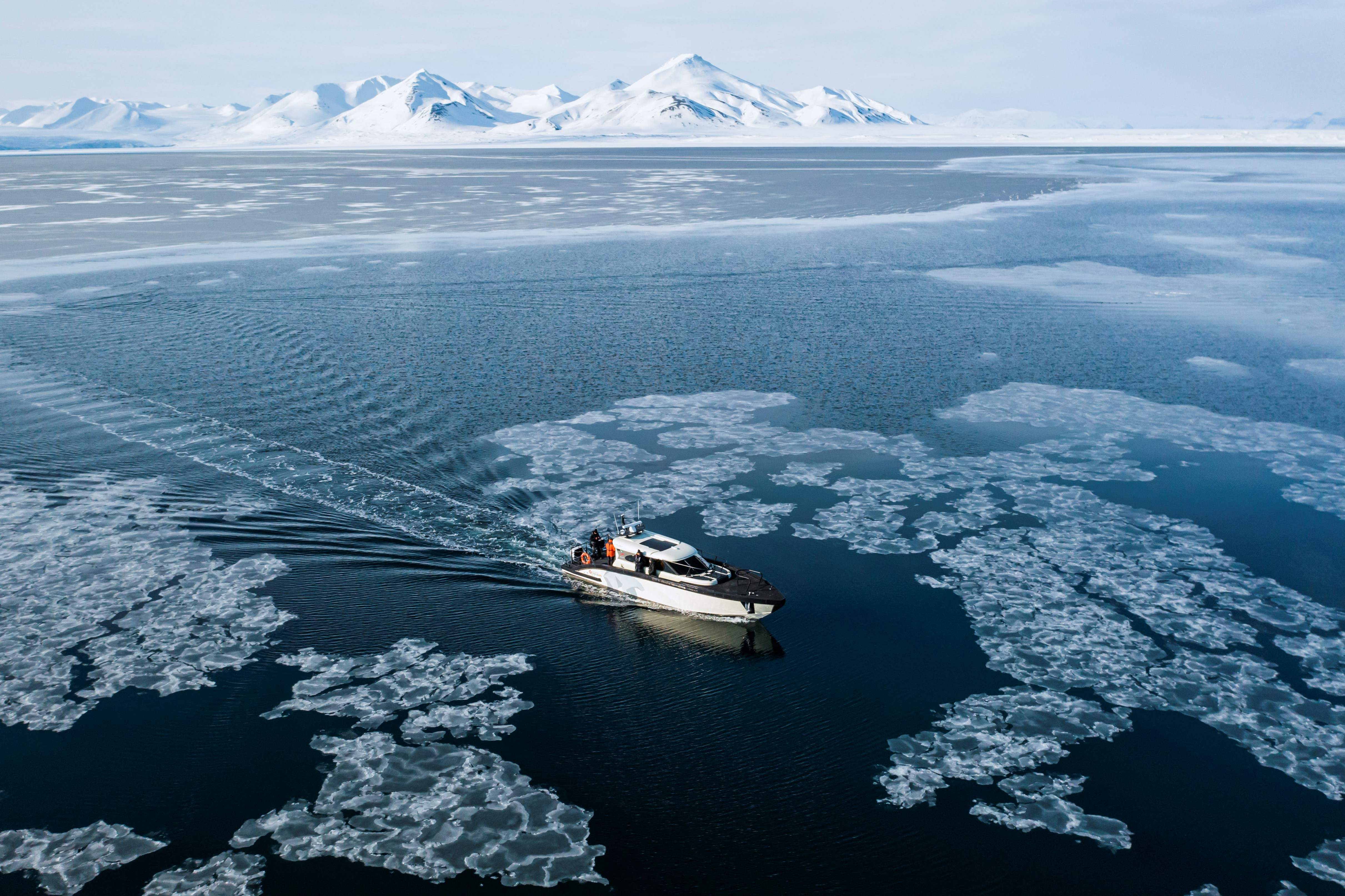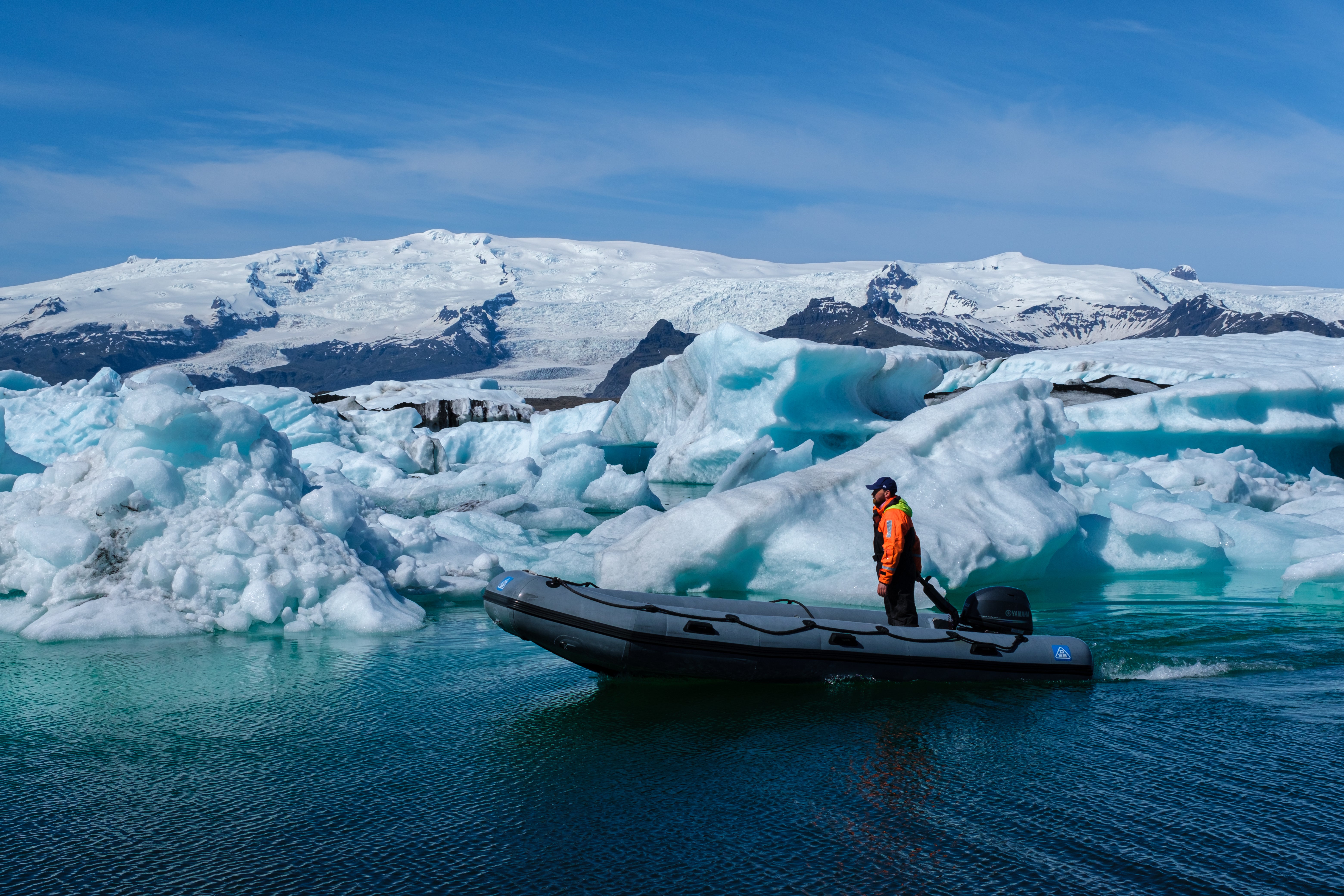Arctic warming at ‘exceptional’ rate seven times faster than global average
Researchers call dramatic rise in temperature ‘unprecedented’

The Arctic is heating up seven times faster than the global average, new data has revealed.
Researchers have found this heating in the North Barents Sea- a crucial region where increasing temperatures may cause extreme weather in North America, Europe and Asia.
Branded an “unprecedented increase” by scientists, the region’s temperature has risen by 2.7C per decade, with a maximum in autumn of up to 4C per decade.
This makes the North Barents Sea the most rapidly warming place known on earth.

The study, published in the journal Scientific Reports, is based on data from automatic weather stations on the islands of Svalbard and Franz Josef Land, located on the border between the Barents Sea and the Arctic Ocean.
The data examined surface air temperatures between1981 and 2020 and compared this trend to changes in sea ice concentration and sea surface temperature.
The study concluded that the warming rate for the Northern Barents Sea is “exceptional and corresponds to 2 to 2.5 times the Arctic warming averages and five to seven times the global warming averages” - an increase which is strongly linked to the reduction of sea ice and increased sea surface temperature.
Researchers said while the warming pattern is consistent with reducing sea ice levels, the rate at which it is happening is faster than they had known for this region.

Ketil Isaksen, senior researcher at the Norwegian Meteorological Institute who led the work, told The Guardian that they did not expect the find such a high level of warming.
“We were all surprised. From what we know from all other observation points on the globe, these are the highest warming rates we have observed so far,” he said.
Changes in surface air temperature and sea ice are the main instigators of the “environmental transformation” we are seeing in the Arctic, according to the study.
Mr Isaksen added: “This is an early warning for what’s happening in the rest of the Arctic if this melting continues, and what is most likely to happen in the next decades.”
The senior researcher also suggested that new information on warming rates in the region could help scientists to understand how changes in the Arctic trigger extreme weather.
Join our commenting forum
Join thought-provoking conversations, follow other Independent readers and see their replies
Comments



Bookmark popover
Removed from bookmarks